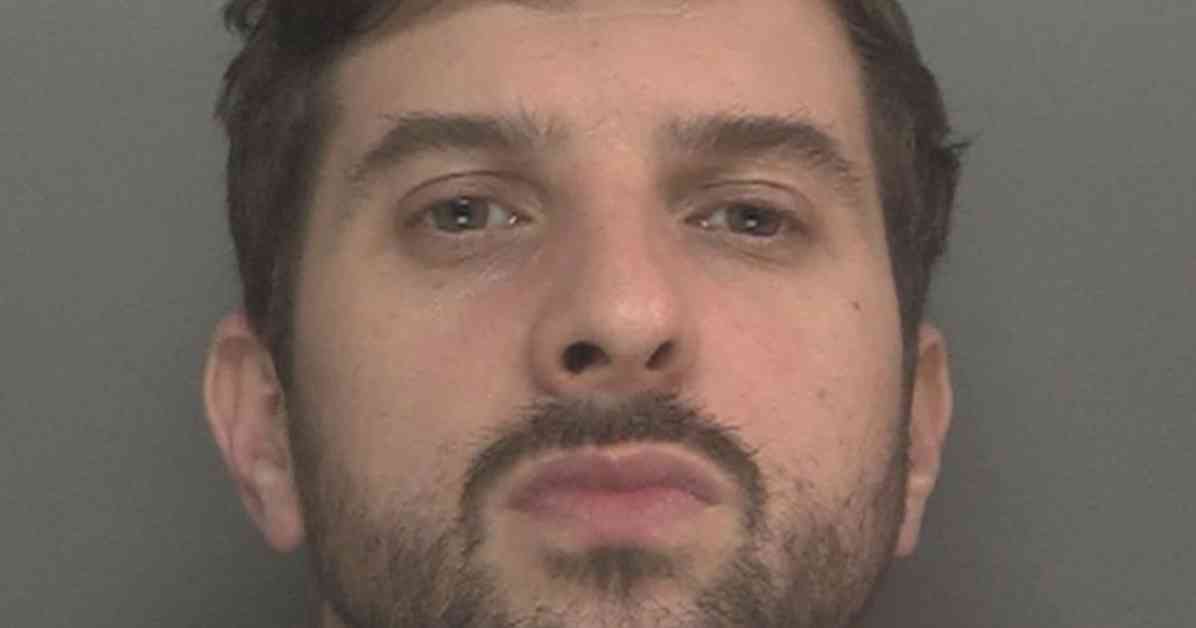Thomas Cashman’s Right to Remain Silent in Police Interview – Explained
Thomas Cashman’s involvement in the tragic murder of Olivia Pratt-Korbel and the subsequent police investigation have shed light on the legal concept of the right to remain silent. The case, which captivated the nation, highlighted the importance of this fundamental right in protecting individuals from self-incrimination and ensuring a fair legal process.
The Murders of Olivia and Ashley
Olivia Pratt-Korbel and Ashley Dale’s murders sent shockwaves through the community, with both victims losing their lives in a single week of August. Olivia, a nine-year-old schoolgirl, tragically lost her life when Thomas Cashman’s bullets struck her during a botched gangland assassination attempt. The incident left the community reeling and prompted a swift and thorough investigation by Merseyside detectives.
The murders of Olivia and Ashley became the focus of a gripping four-part documentary series titled “Merseyside Detectives: The Murders of Ashley and Olivia.” The series follows the dedicated detectives as they unravel the complex web of events leading up to the tragic deaths and work tirelessly to bring the perpetrators to justice.
Thomas Cashman’s Arrest and Police Interview
Following his arrest in connection with Olivia’s murder, Thomas Cashman was subjected to a police interview where he initially provided a prepared statement denying any involvement in the crimes. However, Cashman’s demeanor quickly changed, and he invoked his right to remain silent by repeatedly stating “no comment” in response to detectives’ questions.
Cashman’s decision to exercise his right to silence is a legal safeguard that allows individuals to protect themselves from self-incrimination. By refusing to engage with the police interrogation, Cashman avoided the risk of inadvertently providing information that could be used against him in court.
According to legal experts at Old Bailey Solicitors, suspects have the right to remain silent during police interviews as a way to level the playing field between themselves and law enforcement. By forcing the police to gather evidence independently and meet the burden of proof, suspects like Cashman can ensure a fair and just legal process.
The Legal Implications of Remaining Silent
Thomas Cashman’s choice to remain silent during his police interview had significant legal implications for the case. While he admitted to being a “high-level” cannabis dealer, Cashman vehemently denied any involvement in Olivia’s murder or the related offenses. However, a jury ultimately found him guilty of multiple charges, including murder, attempted murder, and possession of a firearm with intent to endanger life.
By exercising his right to silence, Cashman placed the onus on the police to prove their allegations beyond a reasonable doubt. This legal strategy allowed Cashman to protect himself from potential self-incrimination while compelling law enforcement to build a robust case against him.
The culmination of Cashman’s trial at Manchester Crown Court in April 2023 marked a pivotal moment in the legal saga surrounding Olivia Pratt-Korbel’s murder. Despite his protestations of innocence, Cashman was convicted of the heinous crimes and sentenced accordingly, underscoring the importance of due process and the right to a fair trial.
In conclusion, Thomas Cashman’s right to remain silent in his police interview offers a compelling insight into the complexities of the legal system and the protections afforded to individuals facing criminal allegations. As the nation grapples with the aftermath of the tragic murders of Olivia and Ashley, the case serves as a stark reminder of the critical role that legal rights play in ensuring justice and upholding the rule of law.




















